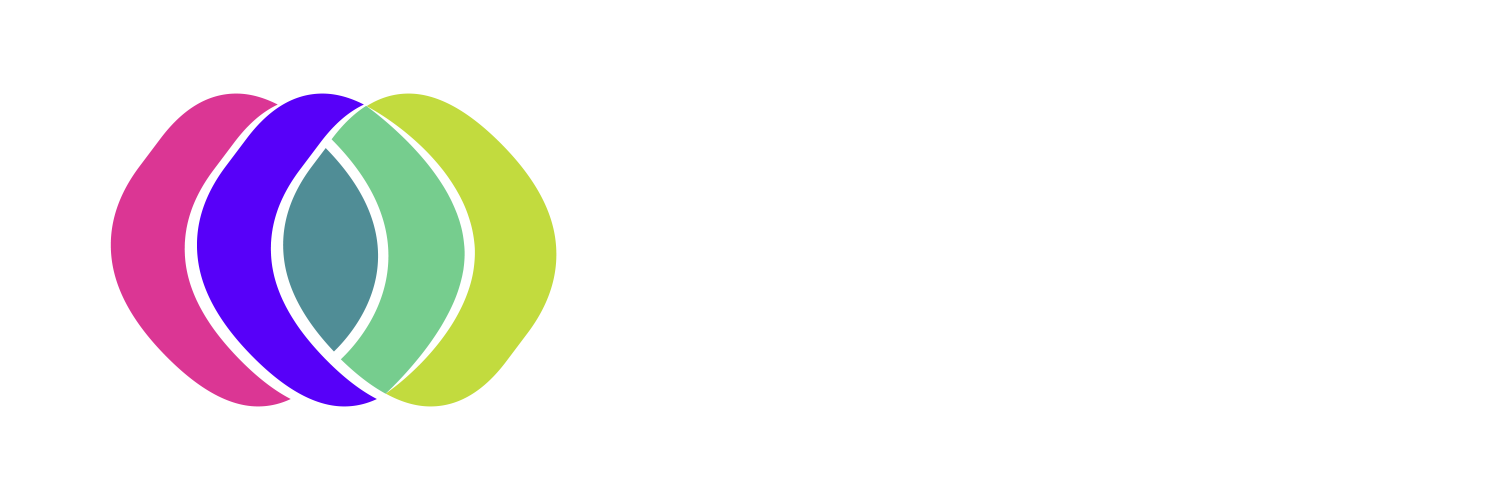THE OTHER AS A POSSIBILITY: AN IMAGINARY OF HOPE IN THE TEACHING FORMATION
DOI:
https://doi.org/10.22383/ri.v17i30.96Keywords:
social imaginary, recognition, recreation, educability, formationAbstract
Objective: to understand the dynamics of the social imaginary regarding the educability by teachers in formation. Methodology: as reference, the theory of social imaginaries and its applications in education was taken. The emphasis and design was developed from the complementarity, supported on the discourse analysis considering its main functions and its relation with the social imaginary dimensions (referential: instituted social imaginary; expressive and pragmatic: radical/instituting social imaginary). The analysis was made from the logics of the social coordinates. Findings: This study shows that despite the dynamics of the social imaginaries that teachers in formation establish, it is defined upon what is socially agreed and validated, which anchored in the forms of control, develops a hopeful, radical imaginary seeking for breaking with this traditions towards the recognition of the other as a possibility. Conclusion: It is essential that the institutions and the programs allow the relocation of these strictly creative imaginaries and the resignification of the ones already institutionalized.
Downloads
Published
How to Cite
Issue
Section
License
Copyright (c) 2017 Revista de Investigaciones · UCM

This work is licensed under a Creative Commons Attribution-NonCommercial 4.0 International License.
Attribution — You must give appropriate credit, provide a link to the license, and indicate if changes were made. You may do so in any reasonable manner, but not in any way that suggests the licensor endorses you or your use.
NonCommercial — You may not use the material for commercial purposes.
This work is licensed under a Creative Commons Attribution-NonCommercial 4.0 International License.












